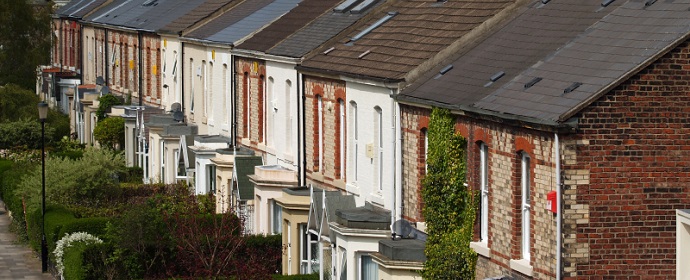Restorative practice in housing
An increasing number of housing associations are using restorative practice to deal with neighbour disputes including noise nuisance, verbal abuse, harassment, children arguing, pet nuisance, damage to property, drunken behaviour, rubbish and fly-tipping, untidy gardens, intimidation and violence or threats of violence.
Restorative practice is effective at both tackling new disputes and resolving conflicts which may have developed over many years.
Evidence collected from housing providers indicates that 97% of antisocial behaviour cases are resolved without any legal action being taken. Restorative practice has the potential to be used in a high proportion of these cases and may be the only viable option to resolve the situation.
Using restorative practice in neighbour disputes not only stops the conflict but can repair relationships. It does this by:
- Empowering neighbours to take control of their own conflict and find appropriate solutions.
- Giving neighbours the opportunity to talk openly in a calm environment.
- Giving the harmed neighbour an opportunity to explain how they have been affected and what needs to happens to make things better.

